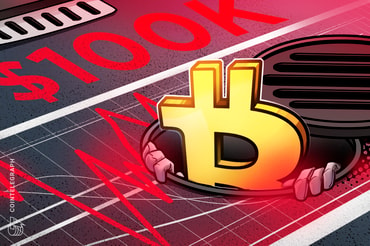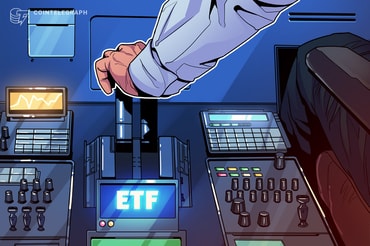MetaMask Adds ‘Pooled Staking’ for Cheaper Ethereum Validation

MetaMask, the most popular wallet for Ethereum, will roll out a “pooled staking” feature to its users beginning this week, in a move that would make it cheaper to contribute to the blockchain network’s security compared to running a full validator node.
The new feature will allow users to participate in Ethereum staking – a popular crypto investment strategy that involves parking tokens in an address on the blockchain in exchange for rewards. For “proof-of-work” blockchains like Ethereum, staking is the primary way that the network is kept secure.
“With Pooled Staking, MetaMask users now have an easy way to stake ETH in enterprise-grade
validators while maintaining full control of their ETH, earning rewards and making Ethereum more secure,” Matthieu Saint Olive, senior product manager at MetaMask developer Consensys, said in a statement.
Staking on Ethereum conventionally requires users to tie up 32 ETH with the network, which at current market prices totals some $112,000. “Pooled” services like Lido, Rocket Pool and now MetaMask give more users access to staking by bundling together assets from various people, making it possible for anyone to stake even if they don’t have 32 ETH.
Read more: Crypto Staking 101: What Is Staking?
MetaMask’s staking feature may come as a welcome surprise to some retail traders who want to stake, trade and monitor their staking investment in one interface.
But Consensys is playing catch-up with industry peers: MetaMask is far from the first crypto wallet to introduce staking, and it is missing some of the functionality that has helped to differentiate incumbent pooled staking platforms.
Most glaringly, Lido and Rocket Pool offer users receipts on their deposits called “liquid staking tokens” that can be borrowed, loaned or re-invested into decentralized finance protocols. LSTs like Lido staked ETH (stETH) are among the more popular assets in crypto trading.
MetaMask doesn’t plan to offer its own LST as part of its pooled staking service.
The new staking feature will not be available in the U.S. or UK, according to Consensys.
“The team aims to bring it to market in these regions as well,” the company said in its statement.
Edited by Bradley Keoun.
Disclosure
Please note that our privacy policy, terms of use, cookies, and do not sell my personal information has been updated.CoinDesk is an award-winning media outlet that covers the cryptocurrency industry. Its journalists abide by a strict set of editorial policies. In November 2023, CoinDesk was acquired by the Bullish group, owner of Bullish, a regulated, digital assets exchange. The Bullish group is majority-owned by Block.one; both companies have interests in a variety of blockchain and digital asset businesses and significant holdings of digital assets, including bitcoin. CoinDesk operates as an independent subsidiary with an editorial committee to protect journalistic independence. CoinDesk employees, including journalists, may receive options in the Bullish group as part of their compensation.
Sam is CoinDesk’s deputy managing editor for tech and protocols. He reports on decentralized technology, infrastructure and governance. He owns ETH and BTC.

Published on Other News Site










